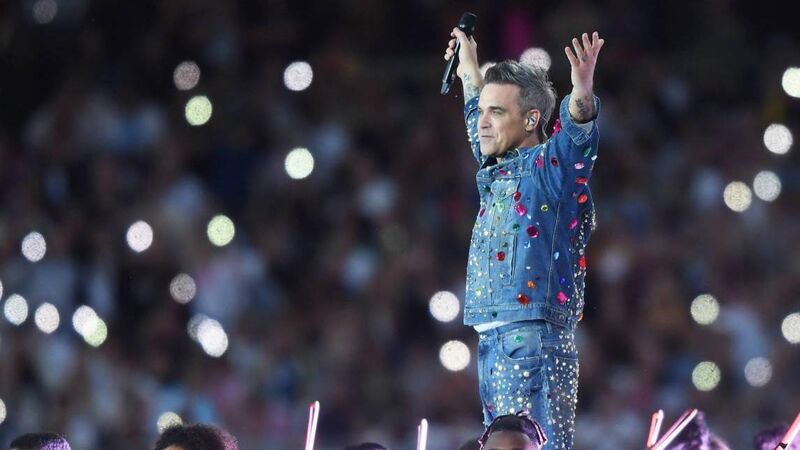Book Review: Life after the limelight dims on musicians

LONDON, ENGLAND - JUNE 12: Robbie Williams performs at half time during the Soccer Aid for Unicef 2022 match between Team England and Team World XI at London Stadium on June 12, 2022 in London, England. (Photo by Alex Davidson/Getty Images)
- Exit Stage Left: The Curious Afterlife of Pop Stars
- Nick Duerden
- Headline €25







